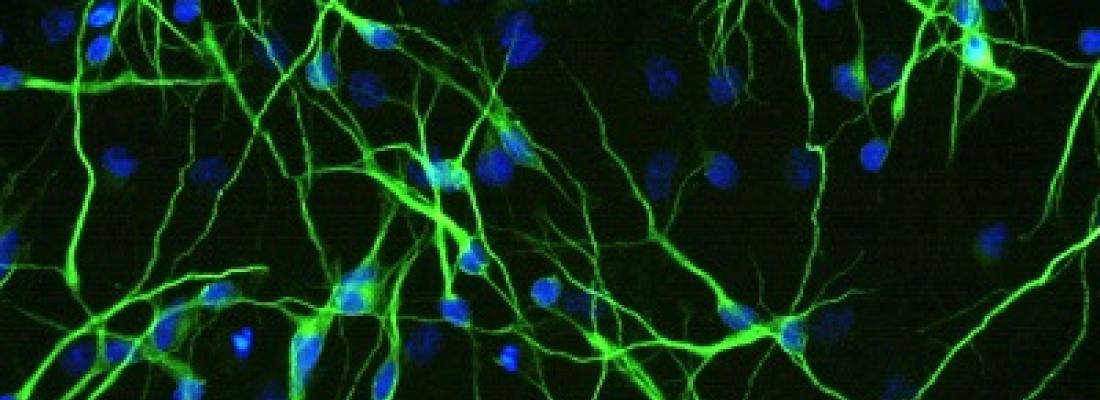Food, Global Health Reading time 3 min
Polyunsaturated fatty acid levels and psychiatric disorders: an initial lead to be explored
Published on 07 April 2020

Psychiatric diseases such as depression, schizophrenia and bipolar disorders are classically considered as distinct entities. Nevertheless, patients do display some common symptoms, suggesting that a continuum may exist between these pathologies. One of these symptoms is an impairment in motivation that severely disturbs patient capabilities in their everyday living (social withdrawal, loss of interest in everyday activities, etc.). Another common feature described in the literature is that patients with these disorders often display abnormally low levels of n-3 polyunsaturated fatty acids1 (n-3 PUFA) when compared to healthy individuals. However, the direct involvement of this factor in the development of pathologies still needs to be demonstrated.
n-3 PUFA are essential constituents of all cell membranes. In the brain – which contains high levels of PUFA – they mainly accumulate during in utero development and arise principally from the mother’s diet, because mammals are incapable of synthesising these n-3 PUFA de novo2. The scientists investigated a potential link between n-3 PUFA deficiency and the impaired motivation observed in patients with psychiatric disorders. To mimic this deficiency, gestating mice were fed a diet that was markedly deficient in n-3 PUFA, and their progeny were then maintained on the same deficient diet. Once these mice had reached adulthood they underwent behavioural tests and showed highly specific motivational deficits. The next stage was to understand the origin of these motivational impairments.
In a specific region of the brain reward system, the scientists demonstrated the presence of connections between neurons that differed in the n-3 PUFA-deficient individuals. Using transgenesis techniques3 in the deficient animals, they managed n-3 PUFA to be produced by a subpopulation of neurons in this brain area during their embryonic development. These neurons then exhibited normal n-3 PUFA levels, while all the other cells in the body were deficient. The tests were conclusive: this manipulation restored connections between neurons, and the motivational disorder disappeared. Lower n-3 PUFA levels thus play a direct role in motivational disorders by modifying the functionality of certain types of neuron.
In parallel, tests were conducted by supplementing the diet with n-3 PUFA in individuals that had been deficient during their development. Beneficial effects on motivation were only seen if supplementation was applied just after birth. However, these results do not establish a direct link between n-3 PUFA supplementation in the mother and behavioural disorders in the progeny. Indeed, in the case of the pathologies concerned, it is probable that rather than a dietary imbalance, it is the mechanisms involved in the metabolism of PUFA that are disturbed because of potentially defective genes in these individuals.
This study constitutes a first step towards understanding the mechanisms and physiology underlying psychiatric disorders such as depression, schizophrenia and bipolar disorders, which all have common symptoms. It is a preclinical study which does not demonstrate a link between these disorders and diet but offers a lead that can be explored in order to prevent at least some of these conditions.
1 n-3 PUFA are found in the diet as omega 3
2 Produced starting from zero
3 Modifying the genome
|
Reference Durocq et al., Causal Link between n-3 Polyunsaturated Fatty Acid Déficiency and Motivation Deficits, Cell Metabolism (2020), https://doi.org/10.1016/j.cmet.2020.02.012 |
